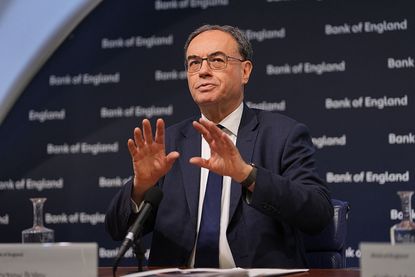UK Economy
The latest news, updates and opinions on UK Economy from the expert team here at MoneyWeek
Explore UK Economy
-

Rachel Reeves is rediscovering the Laffer curve
Opinion If you keep raising taxes, at some point, you start to bring in less revenue. Rachel Reeves has shown the way, says Matthew Lynn
By Matthew Lynn Published
Opinion -

When is the next Bank of England base rate meeting?
The Bank of England cut interest rates to 3.75% in December 2025. When is the next Monetary Policy Committee meeting and will interest rates fall further in 2026?
By Daniel Hilton Last updated
-
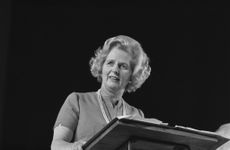
ISA reforms will destroy the last relic of the Thatcher era
Opinion With the ISA under attack, the Labour government has now started to destroy the last relic of the Thatcher era, returning the economy to the dysfunctional 1970s
By Matthew Lynn Published
Opinion -

UK inflation: Consumer Prices Index release dates
The UK’s inflation reports are published monthly. When do they come out and where are prices heading?
By Daniel Hilton Last updated
-
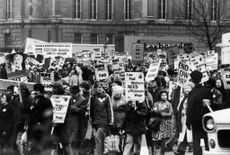
22 January 1979: Public sector strike cripples Britain
Features On this day in 1979, thousands of public sector workers downed tools over the Labour government's unpopular policy to tackle inflation.
By Chris Carter Last updated
Features -

UK inflation forecast: where are prices heading next?
UK inflation rose in December. Are we in for another period of rising inflation – or was the increase just a blip?
By Daniel Hilton Last updated
-
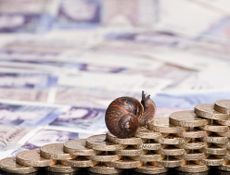
What is stagflation and what can be done about it?
The UK economy is showing signs of weakness, but inflation remains stubbornly high – a dangerous combination that economists call ‘stagflation’
By Dan McEvoy Last updated
-

What is inflation and how does it affect you?
The latest inflation figures are released each month. What is inflation and how does it impact your personal finances?
By Daniel Hilton Last updated
-
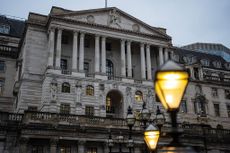
ONS: UK economy grew by 0.3% in November – what does it mean for interest rates?
The latest Office for National Statistics (ONS) GDP figures are a boon for the government, but what does it mean for interest rates?
By Sam Walker Last updated
